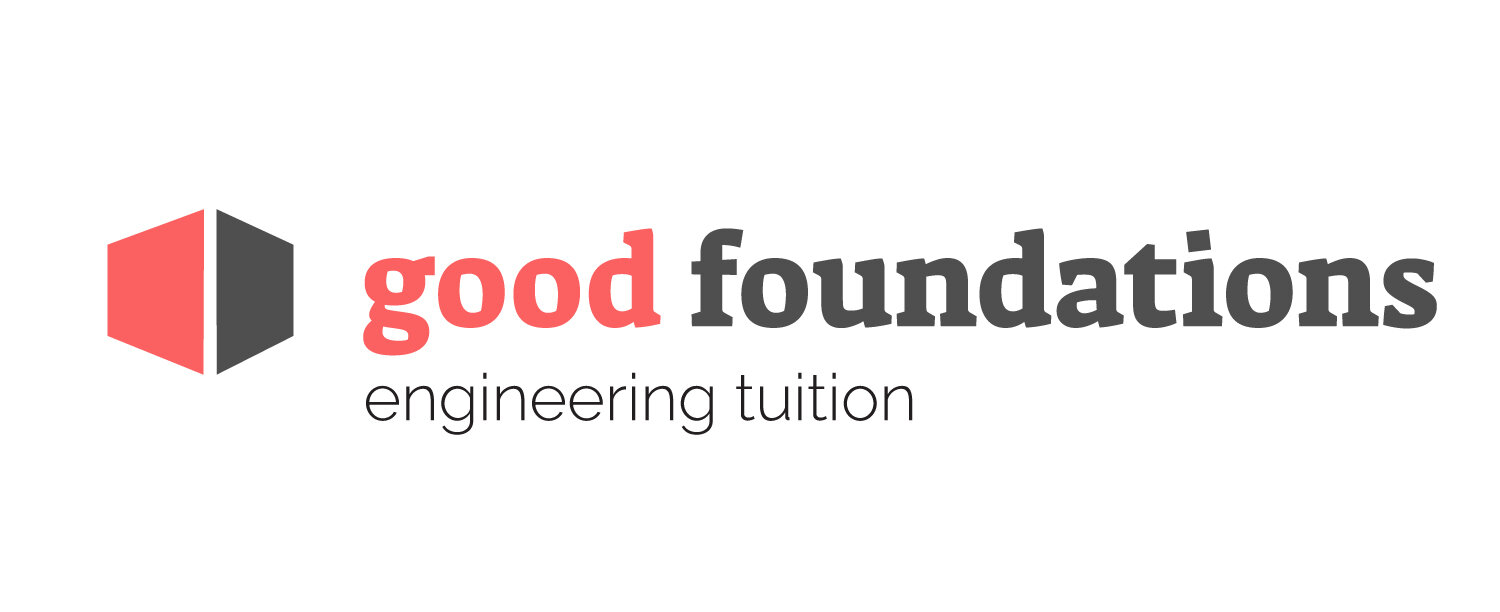Finding a work environment that is the best fit for you
As a graduate engineer the choices you need to make before entering the workplace can be daunting. Do I want to work as a design engineer, or in construction and project management, or even in an engineering role at all? How do I find a company that will be a fit with my priorities and values?
Where to start in answering these questions? You should apply the same critical thinking and analytical skills that you have developed during your study to your job search. There are a number of ways you can make a more informed decision.
Engineering or something else?
An engineering degree can lead to a fulfilling engineering career, but It can lead to other places as well. The skills learnt in an engineering degree – analytical thinking, problem solving – are sought after by employers in many adjacent (or even unrelated) industries. Indeed of engineering graduates in 2019-20, 60% graduated to engineering occupations while 40% ended up in non-engineering related employment.
If you are approaching graduation and are unsure about a career in engineering it is still wise to explore your options and look for a suitable engineering role – it may be best to take a try it and see approach - you can always move into another industry at a later date. You may find it more difficult to come back to an engineering role after working in an unrelated field.
What type of engineering role would suit me?
The content below is written from a civil engineering perspective, but will be somewhat applicable to other engineering fields.
Upon completing your university studies in civil engineering, you're faced with a pivotal decision: choosing between a career in design or construction within the industry. It's important to note that this choice isn't entirely black and white. For instance, large construction firms often engage in design and build contracts and may have their own in-house design teams.
The decision between a design-focused role or a construction-oriented one is typically more straightforward for graduates. Reflect on your university experience - were the technical design projects in your final years something you relished? Does the idea of developing analytical models, drafting design reports, and performing calculations excite you, or does it seem daunting? Imagine your daily work environment: would you prefer spending 30-40 hours per week in a design office, or does the prospect of being on-site, immersed in the physical construction of a project, and working outdoors appeal more to you?
It's worth considering that the roles of design and construction engineers can sometimes overlap. A design engineer might have the chance to work on-site with a construction company, while a construction engineer could have opportunities to engage in design aspects. Therefore, opting for a career as a design engineer doesn't necessarily confine you to an office setting, and choosing a construction role doesn't mean you'll never engage with structural design aspects.
What type of company should I look for?
There are a lot of employers within the engineering sector, so its useful to narrow your search criteria. One way to do this is to decide what you want to prioritise:
Technical excellence
You enjoyed the analytical subjects at university and always strived to get 100%. You want to work on cutting edge and award-winning projects.
Supportive environment
You want a workplace where a priority is placed on staff retention and development. You want to maintain a good work life balance and have fun at work.
Diverse opportunity
You want to have the opportunity to explore a variety of projects within the one company, and maybe an opportunity to travel with your work.
Having decided which one of these aspects to prioritise, you can then search for information and create a list of companies that excel in the aspect most important to you.
Note by Will W
Learn more about good foundations tutoring - follow the link below





